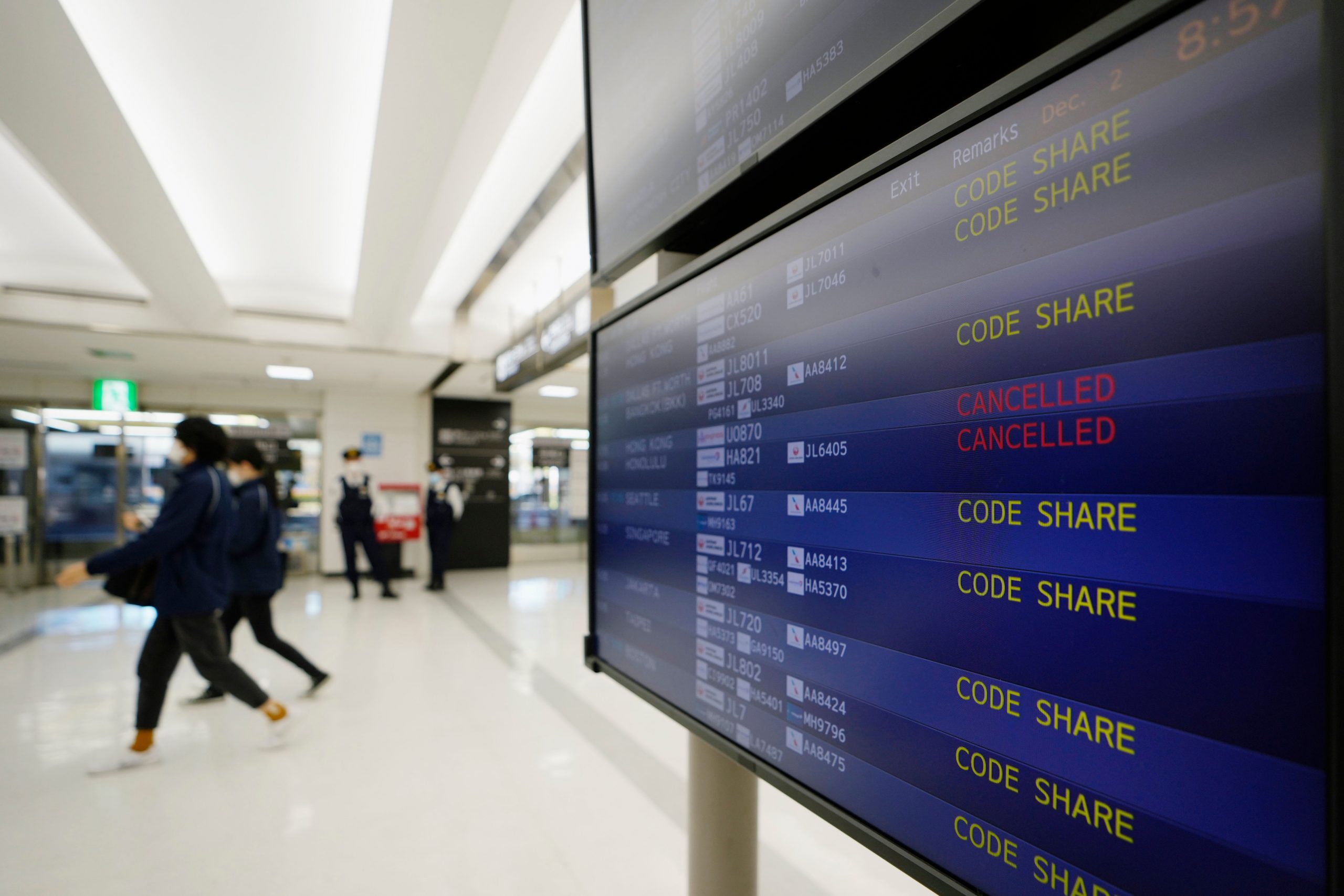Japan has decided
to retract its blanket ban over international flight bookings amid criticism
that the nation’s travel curbs were extremely stringent and will negatively
impact people’s livelihoods. Japan had imposed the ban after countries around
the world started reporting cases of the omicron variant. Later that day, Japan
reported an omicron variant as well.
On Wednesday, Japan
issued a request to international airlines to stop taking new reservations for
flights to Japan till the end of December. On Thursday, the request was
withdrawn. According to the ministry, the change is following criticism from
both within and outside the country.
The ministry said
that the request was made as an emergency precaution but was being withdrawn because
it created confusion. The purpose of the request was to reduce Japan’s daily
international arrivals to 3,500 from an earlier 5,000 to tighten border
controls as the new omicron variant spread through the world.
Also Read | Too early to say omicron would cause mild illness: Scientists
“The transport
ministry has retracted the request for a uniformed stoppage on new bookings and
notified airlines to take into consideration the need for Japanese nationals to
return home,” Chief Cabinet Secretary Hirokazu Matsuno said. Japan has reported
two cases of the omicron variant, which was first reported in South Africa last
week.
Japan’s decision
to retract its ban follows France’s decision on Wednesday when it decided to
lift the ban on flights coming in from six African nations from Saturday.
France announced on Wednesday that it will allow flights but only let French
and European Union citizens disembark, along with diplomats and flight crews.
Also Read | Will omicron elude vaccine protection? Some, but not all: Report
France is among
several countries that imposed extremely strict curbs after the new and
highly-mutative coronavirus variant, omicron, was detected in South Africa. The
variant, which scientists say may end up being more transmissible than the
Delta variant and capable of eluding vaccination, has spread to at least 23
countries now.
When the travel bans
were being imposed, the World Health Organization (WHO) had warned that blanket
bans risked doing more harm than good and would potentially dissuade countries
from sharing data. South African president Cyril Ramphosa had also protested
the bans.
(With inputs from Associated Press)







